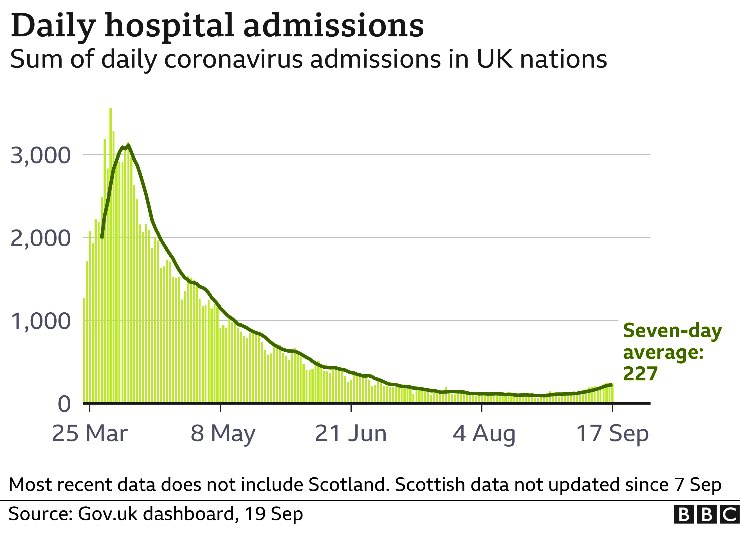EuroHeart will provide continuous #data collection of standardised &/or harmonised variables in common #cardiovascular diseases, including therapy, interventions, & devices. This will enable quality improvement, device surveillance & registry-based RCTs.
It will cover the common disease areas ACS-PCI (#heartatrack), #heartfailure, valve disease & #AFib.
It will support continuous development of quality of care based on individual patient data.
It starts with the development of standardised data sets & quality indicators for diseases & devices.
It will encompass tools for device surveillance.
It will provide tools for registry-based randomised clinical trials (RRCT).
It will provide an optional common IT-infrastructure.
EuroHeart Executive Committee
Co-Chairs: Prof. Barbara Casadei & Prof. Lars Wallentin
Members: Isabel Bardinet, Prof. Chris P Gale, Prof. Aldo Maggioni, Sara Hansson
Project manager: Ebba Bergman
Co-Chairs: Prof. Barbara Casadei & Prof. Lars Wallentin
Members: Isabel Bardinet, Prof. Chris P Gale, Prof. Aldo Maggioni, Sara Hansson
Project manager: Ebba Bergman
EuroHeart: European Unified Registries On Heart Care Evaluation and Randomized Trials: An ESC project to develop a new IT registry system which will encompass multiple features of #cardiovascular medicine @ESC_Journals academic.oup.com/eurheartj/arti…
• • •
Missing some Tweet in this thread? You can try to
force a refresh





